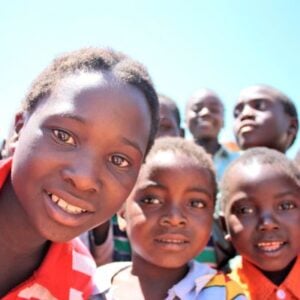Rubella, also known as German measles, is a highly contagious viral infection that poses serious risks for pregnant women, including miscarriage, stillbirth, or birth defects. However, it is preventable through safe and cost-effective vaccines. Nepal has now eliminated rubella as a public health problem, marking a major milestone in protecting maternal and child health.
The achievement reflects the strong commitment of Nepal’s leadership, the tireless efforts of healthcare workers and volunteers, and the active participation of communities in vaccination campaigns. According to WHO, this success ensures a healthier start for babies and a future free of rubella disease.
Nepal began its national rubella vaccination programme in 2012 with a mass campaign targeting children aged nine months to 15 years, later incorporating a second dose into routine immunisation in 2016. Despite setbacks caused by the COVID-19 pandemic and natural disasters such as the earthquakes of 2015 and 2023, the country maintained over 95 percent coverage for at least one vaccine dose by early 2024.
The official announcement was made by WHO’s Regional Verification Commission for Measles and Rubella Elimination, recognising the combined efforts of government, health workers, and partners. WHO praised Nepal’s innovative strategies, including initiatives like “immunisation month,” outreach to unvaccinated children, and district-level immunisation campaigns that helped sustain momentum.
To strengthen rubella monitoring, Nepal also introduced a robust laboratory testing algorithm—the first of its kind in WHO’s Southeast Asia Region—further reinforcing the country’s leadership in disease surveillance and immunisation progress.






